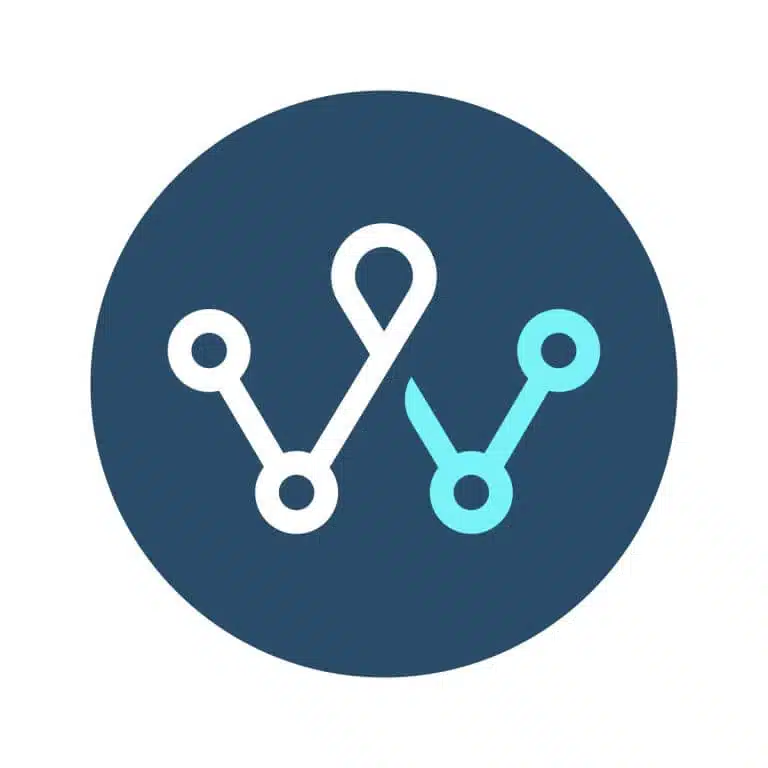Launched in 2001, Sitecore is a leading enterprise-level integrated platform for web content management. World-renowned brands like Procter & Gamble, L’Oreal, Rabobank and Fujitsu rely on Sitecore to efficiently and affordably manage their content, increase their online sales, support customer self service, and to boost their brands’ online presence. By investing in Sitecore, you can put yourself on track to creating rich, seamless, and meaningful digital experiences. No wonder Sitecore Developers are in such high demand.
And now, a reality check. The demand for capable Sitecore Developers far overshoots the supply. One of the biggest reasons for this demand-supply gap is a serious lack of critical Sitecore skills, even among those who claim to be ‘professional Sitecore developers’.
Now at WayPath, we believe in the software philosophy of What You See Is What You Get aka WYSIWYG. We also believe in walking the talk. This means that if we claim to have a Sitecore development team of experienced and capable professionals, you can trust our word. It also means that our Sitecore developers have the critical skills that are required to successfully execute Sitecore implementation projects, time after time, client after client.
What are these need-to-have skills that our professionals have in spades and so many others don’t? If your organization is considering moving to Sitecore or is already in the planning stages of a Sitecore implementation, then this article is for you!
Why You Should Hire a Sitecore Developer
Sitecore is a recognized leader in the digital experience software market. It holds the potential to elevate your customer experience and marketing efforts to new heights and better engage your internal team.But, like many of the best technologies out there, to extract a full return on your investment, you need experts who understand how to optimize it for your business.
The Sitecore experience platform is continually evolving, and new features and functions are regularly released. Without someone with the right technical expertise on your team who can interpret, evaluate, and apply these enhancements, you’ll quickly fall behind your competition.
Now that we’ve explored and clarified the business case for hiring a Sitecore Developer let’s understand exactly what their role entails.
[blog_box_cta url=”https://waypathconsulting.com/contact-us/” button_text=”Book a no-obligation consultation.”]We have the expertise to ensure you’re getting the most from your CMS.[/blog_box_cta]
What Does a Sitecore Developer Do?
Sitecore Developers focus primarily on developing and updating a business’s Sitecore experience platform and content management system. Specifically, they’re tasked with optimizing all aspects of performance and making ongoing improvements. Ideally, they should be well-versed in both pre-packaged and customized products.
With a seasoned Sitecore development expert at your side, you’ll be able to create those all-important, personalized digital experiences quickly and deliver them seamlessly to your audiences. Even better, they’ll be able to help you track and tweak to improve results.
Sitecore Developer Responsibilities
Sitecore developers typically have a range of responsibilities. Some fundamental components that you can expect from a Sitecore developer include:
Requirements Analysis
For most developers, the requirements analysis is the initial part of their work. This involves understanding what the project requirements are and how they can be met with an effective solution, focusing on maximizing performance while minimizing cost.
Architecture Planning and Documentation
It’s essential that a developer takes time to build a good architecture for their project. This reduces the amount of time that would have been spent modifying and/or adding functionality to the application at a later date due to poor planning in the early stages.
Migration
Developers are often required to carry out migration tasks in order to move an existing website or application into the Sitecore environment. These can be mundane tasks that involve simply ‘lifting and shifting’ data from one place to another, up to complex projects involving re-architecture of an existing site before moving it over the Sitecore engine.
Mobile App Development
With the increased uptake of mobile applications in recent years, mobile app development has become a more integral part of many Sitecore projects. There are numerous Sitecore solutions that are compatible with mobile device browsers. Developers are often able to work on these types of projects. as well.
Expanding Functionality
Developers may be called upon to add additional features and/or functionality that was missed during the discovery processes. This can be an ongoing responsibility of Sitecore development due to the ever-changing nature of the web.
Top 3 Sitecore Developer Skills
Clearly, the roles and responsibilities of developers are broad and complex. So, when considering hiring one to join your team, what are the most critical capabilities to look out for and evaluate?
Here’s our selection of the top three skills:
Skill #1: Strong .NET Programming Skills
Sitecore is built on ASP.NET so strong programming skills in ASP.Net and .NET are absolutely essential, along with proficiency in C#, HTML and Javascript.
Waypath’s Sitecore Developers have advanced knowledge of software deployment applications like Team Foundation Server. They’re familiar with secure coding practices, and have working knowledge of MVC (e.g. ASP.NET MVC) and Agile development methodologies. Also, those who have previously worked in a strong Microsoft development environment usually develop the necessary programming skills and experience needed to succeed as a WayPath Sitecore Developer.
These skills are among the many reasons we’re able to provide added value to our customers on every project.
Skill #2: Database expertise
For any CMS, the back-end database is a core part of its architecture, and Sitecore is no exception.
Each Sitecore developer at WayPath has strong database management and administrative knowledge, with Microsoft SQL Server or Oracle database. Many also have prior experience with RavenDB, MongoDB, Redis or other NoSQL, and most are familiar with Sitecore xDB Furthermore, they’re extremely comfortable working with triggers, stored procedures and high-end relational databases, which further strengthens their technical Sitecore competence.
Skill #3: Web principles and web scripting languages
WayPath’s Sitecore Developers consistently and successfully work with their Agile team members to translate conceptual ideas and business needs into concrete technical requirements and robust solutions. Because they develop high-end websites, portals and other web-enabled applications, they understand the principles and finer details that power the modern wide world web. They’re extremely knowledgeable in scripting languages like JavaScript, CSS, XML, XSLT and XSL, as well as HTML and DHTML. And of course, they have a solid grasp of information architecture, CMS functions, as well as content optimization best practices.
In addition to these 3 core skills, most members of our development team hold a Sitecore Developer certification. This validates their skills and knowledge, and also empowers them to ensure that every Sitecore implementation project they work on leverages Sitecore features and software development best practices, thus helping ensure that our Agile implementations perfectly match the business goals of our client organizations.
At WayPath (a Sitecore Silver Partner), every Sitecore Developer works closely with our technical consultants and architects to create cutting-edge web portals,, and cloud solutions with responsive, business focused designs by utilizing existing, packaged or even customized applications. Through the powerful Sitecore platform, they enable our clients to effortlessly control their online presence and deliver meaningful brand experiences to their audience.
“Should I hire a team of Sitecore developers in-house? Or should I outsource my project to a platform expert like WayPath? How can I decide?!”
Great question! The best answer – it depends on your organization. However in most cases, it’s usually better to outsource and here’s why.
First, if all you need to do with your Sitecore implementation is to keep the website online and maintain the ‘status quo’, then an in-house team might be your best option. However, if your goal is to improve and advance your website, stay up-to-date on cutting-edge technologies and support applications, or push for the best customer experience possible, then outsourcing is your best option.
Next, an inside developer’s Sitecore experience is usually limited to only a few aspects of a few projects. WayPath’s Sitecore Developers have the breadth of collective experience and advanced knowledge of best practices to implement Sitecore correctly and efficiently. They can also provide the level of support your in-house team doesn’t have the domain knowledge or experience for. Furthermore, with a non-expert in-house Sitecore Developer, you may end up with a non-expert solution with a lot of issues that compound over time and eventually increase your total cost of ownership. By outsourcing to WayPath’s experts, your Sitecore implementation will be done well and done right – right from the get-go.
Looking for a Sitecore platform expert for Sitecore support or a Sitecore consultancy?
At WayPath, our team stands ready to help you navigate the choppy waters of Sitecore planning and implementation. Our services include solution design, implementation, integration, and customization of your solution.
Get in touch! We can help you realize the best value from your Sitecore implementation.




